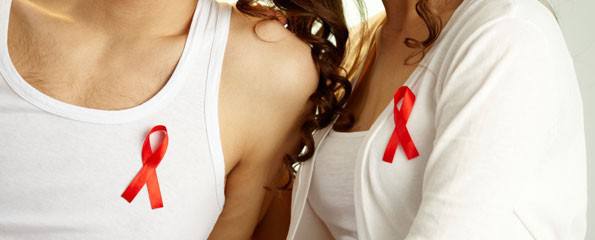Call for AIDS researchers to refocus on elderly Africans
As 20,000 participants meet for the start of the Global AIDS Conference in Washington DC, a study by the University of Sydney underlines the need for a greater focus on older Africans living with HIV.
“HIV-positive older adults in South Africa have high rates of chronic disease and weakness compared to those not carrying the virus,” said Joel Negin, from the School of Public Health at the University, who led the study, to be published in the journal AIDS.
Negin co-edited the current special issue of AIDS which looks at HIV among older adults in Africa.
Negin’s study analysed a large World Health Organization survey on older adults in South Africa and found that HIV prevalence among adults aged 50 and older was 6.4 percent, compared to 16.9 in 15 to 49 year olds. It was especially prevalent among women and those living in rural areas.
“HIV-positive older adults suffered more from diseases such as angina and diabetes. They were thinner and weaker than HIV-negative older adults,” said Negin.
“Results such as these have major implications for the health policies of African governments, for non-government organisations involved with AIDS and AIDS researchers worldwide. Almost all the emphasis on HIV identification, prevention and treatment until now has focused on those aged 15 to 49 and has neglected older adults.
“As more and more people access life-prolonging HIV treatment, there will be more and more ageing with HIV. For example, South African projections estimate that the number of people living with HIV who are older than 50 will triple over the coming years. The global community needs to start acknowledging these trends.”
In Africa older adults remain sexually active and play a critical role as caregivers but have lower levels of awareness and knowledge of HIV than younger people and are less likely to have been tested for the disease.
“We are calling for researchers, governments and service providers to include older adults in their surveillance and programs. Targeted programs are needed to strengthen the capacity of the health system to respond to these emerging challenges,” Negin said.
(Source: University of Sydney: AIDS)
Dates
Created by:

 Login
Login














